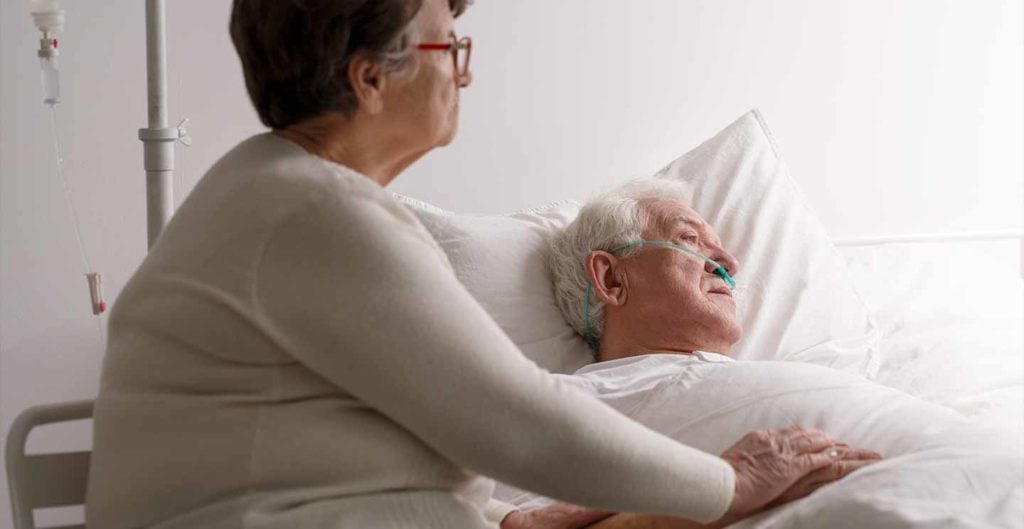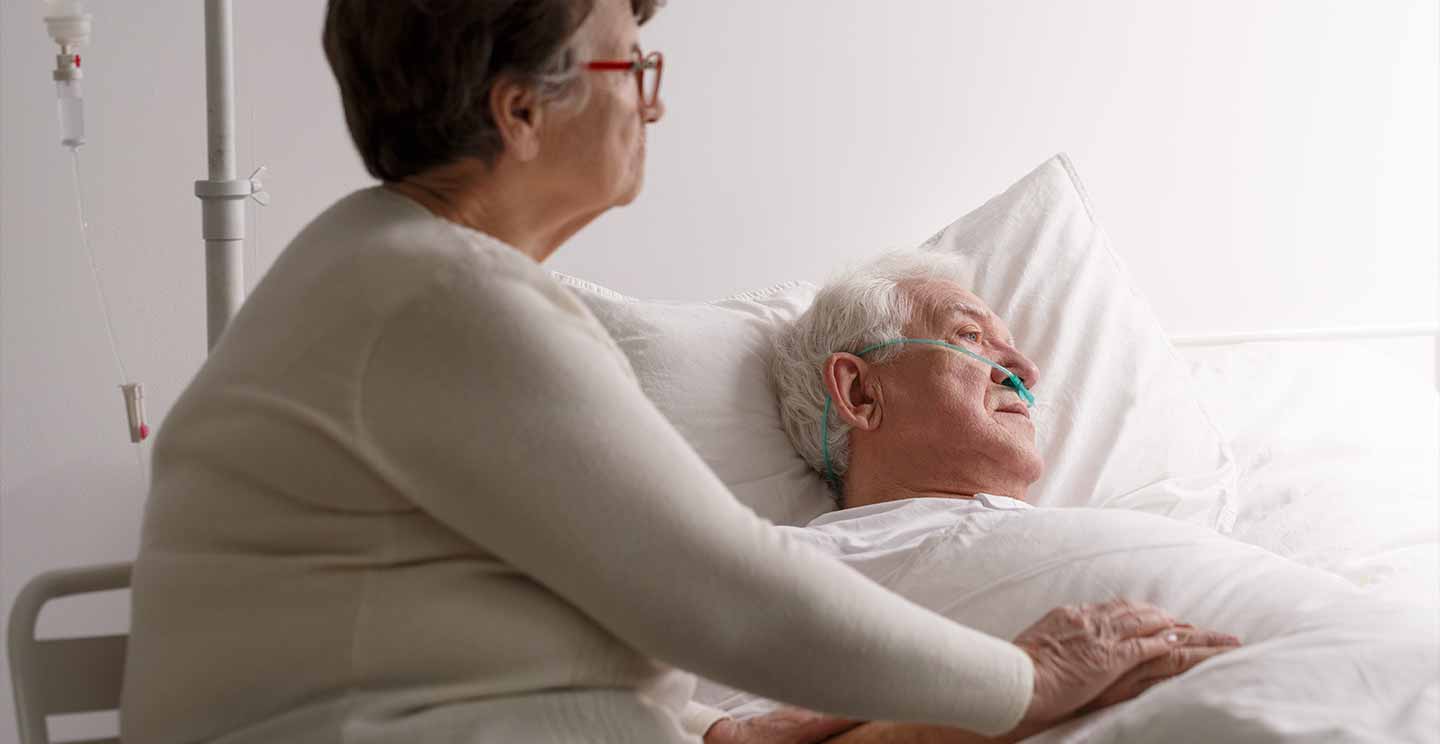End of life is a really difficult subject but is an important part of the care and support we offer to our relatives and friends. Around half a million of us die in England every year and the way we support those we love is one that is worthy of some careful consideration
“How people die remains in the memory of those who live on”
(Dame Cicely Saunders, founder of the Modern Hospice Movement, July 2008)
In July 2008, the End of Life Care Strategy for England and Wales was published by the Department of Health, launching a comprehensive programme to transform care given to those people approaching the end of their life, as well as their families and their carers.

Although every individual may have different ideas about what would, for them, constitute a “good death”, for many this would involve:
- being treated as an individual, with dignity and respect
- being without pain or other symptoms
- being in familiar surroundings,
- being in the company of close family and/or friends.
There are many approaches to support someone at the end of their life. The Six Steps to Success Programme has been developed in the North West of England by the Cheshire & Merseyside Clinical Network and the Greater Manchester, Lancashire & South Cumbria Clinical Network with support from the National End of Life Care Programme.
The programme aims to enhance end of life care through facilitating organisational change and supporting Health and Social care professionals to develop their roles around end of life care. The programme is based on the six steps described in the Route to Success guides. It is aimed at improving end of life care, provided by a care home or by professional carers in other environments, and to encompass the philosophy of palliative care. The programme has since been adapted for a range of different settings, including end of life at home.
The Six Steps programme highlights the steps required to provide good end of life care:
- Step 1.
-
Discussions as the end of life approaches. Open, honest communication. It is important that the end of life conversation is holistic.
- Step 2.
-
Assessment, care planning and review. Conduct holistic assessment; agree the plan and review needs and preferences regularly. Assess the needs of carers.
- Step 3.
-
Coordination of care. Co-ordination of working with primary and community health services, ambulance and social care. Co-ordination of individual person care. Create adequate communication across all the health and care professionals involved as well as close family.
- Step 4.
-
Delivery of high-quality care. Ensure that it is a dignified environment and that care is provided with dignity and respect. Access support from other health and social care service where needed.
- Step 5.
-
Care in the last days of life. Identify the dying phase and review the needs and preferences for place of death. Support for both the individual and carers. Recognise wishes regarding resuscitation and organ donation.
- Step 6.
-
Care after death. Recognise that end of life care does not stop at the point of death. There should be timely verification and certification of death. Care and support of carers and family, including emotional and practical bereavement support, is very important.
The Department of Health’s vision is for every individual and their family to retain their personal dignity, autonomy and choice throughout the time leading up to the end of their life. All of us who are approaching the end of our lives- together with our families -need holistic services that are consistent enough to meet our changing needs. we also want choice over our care at the end of life. For many, this will mean choosing to die at home.
The whole social care workforce, including domiciliary and residential care assistants, social workers and other professionals such as occupational therapists and physiotherapists, have a crucial role in supporting individuals and carers at the end of life.
Further information:
Department of Health & NHS guidance
National End of Life Strategy 2008
The route to success in end of life care, NHS England -practical support for social workers
Training & Support
End of Life Care, Skills for Care – a variety of training courses

